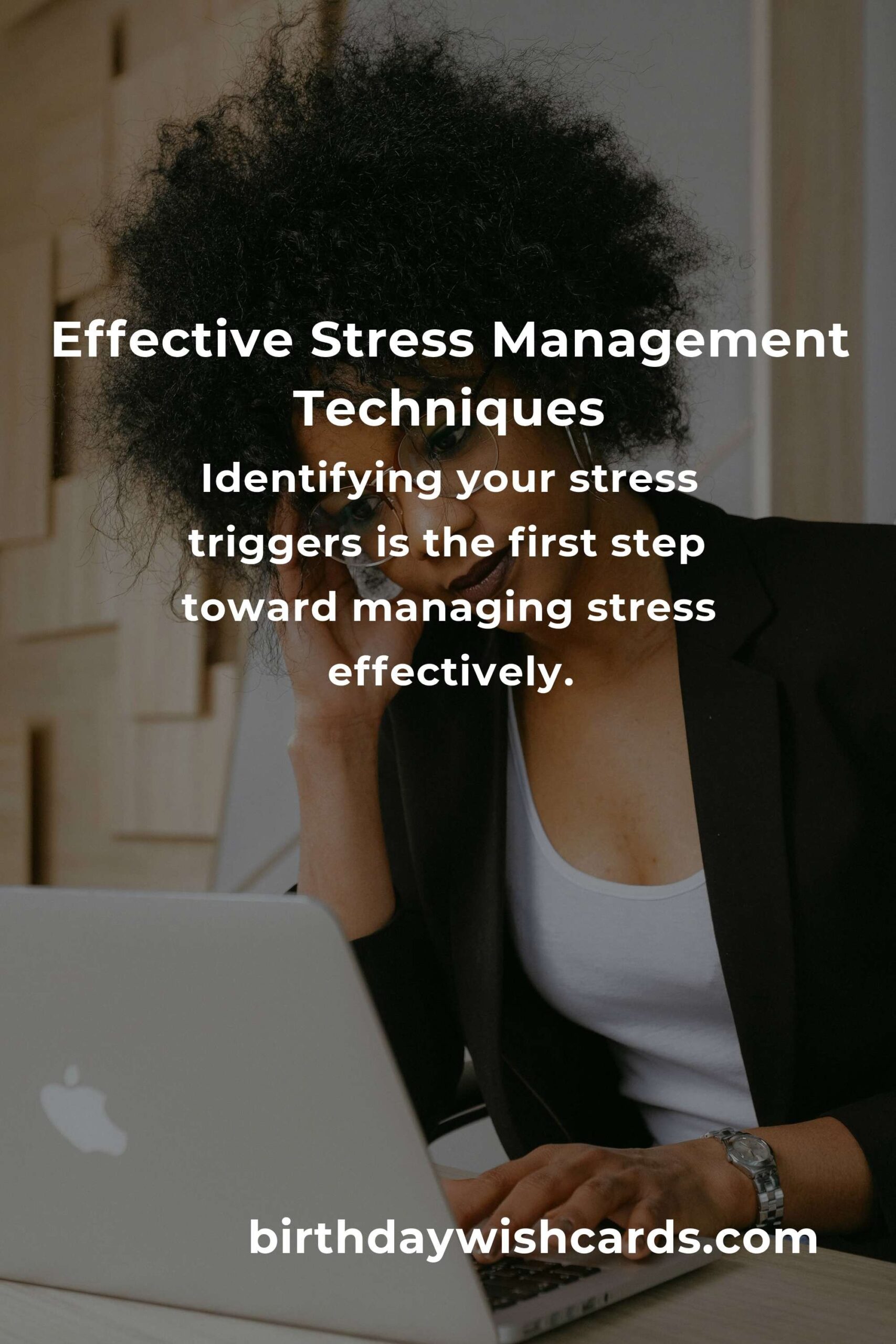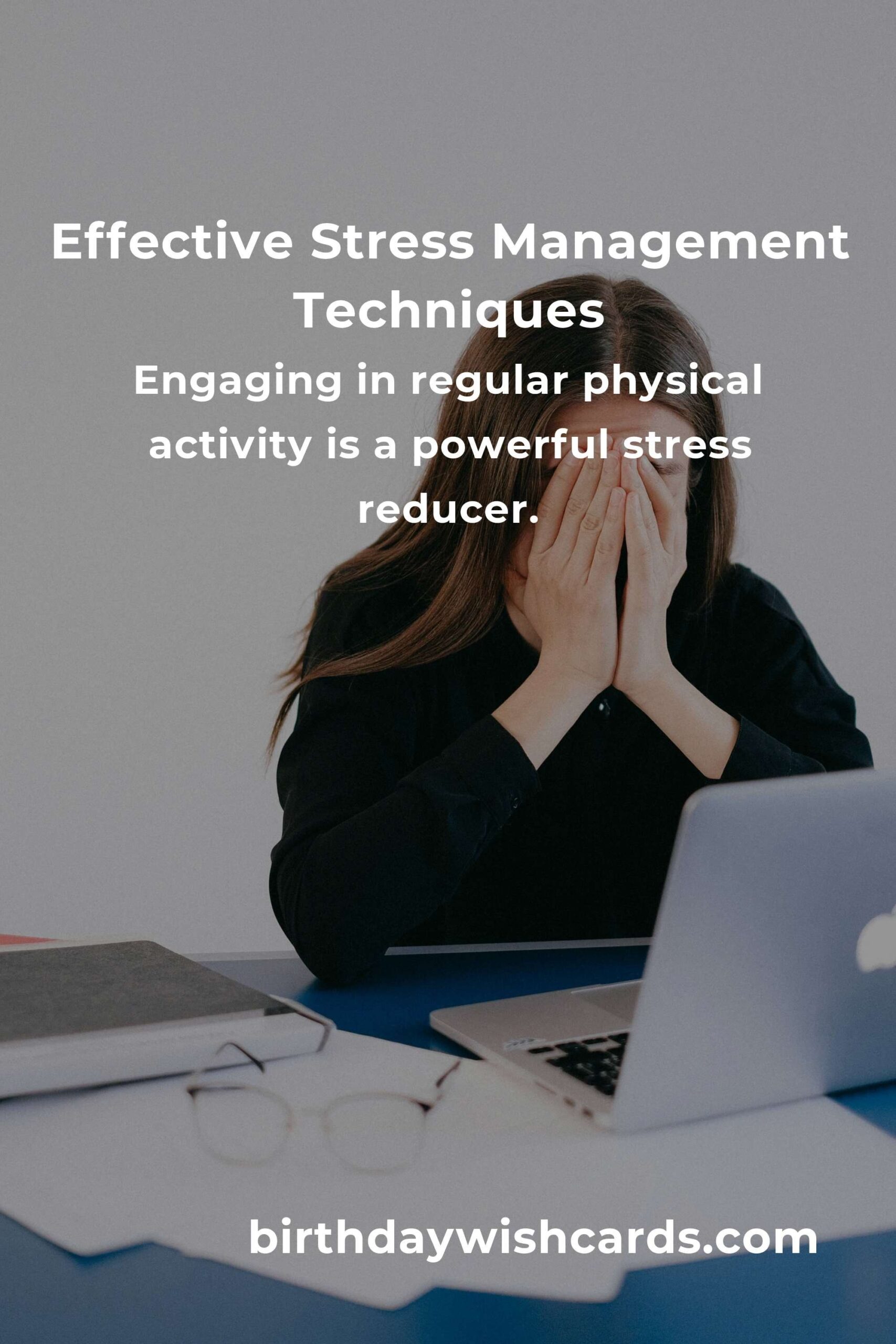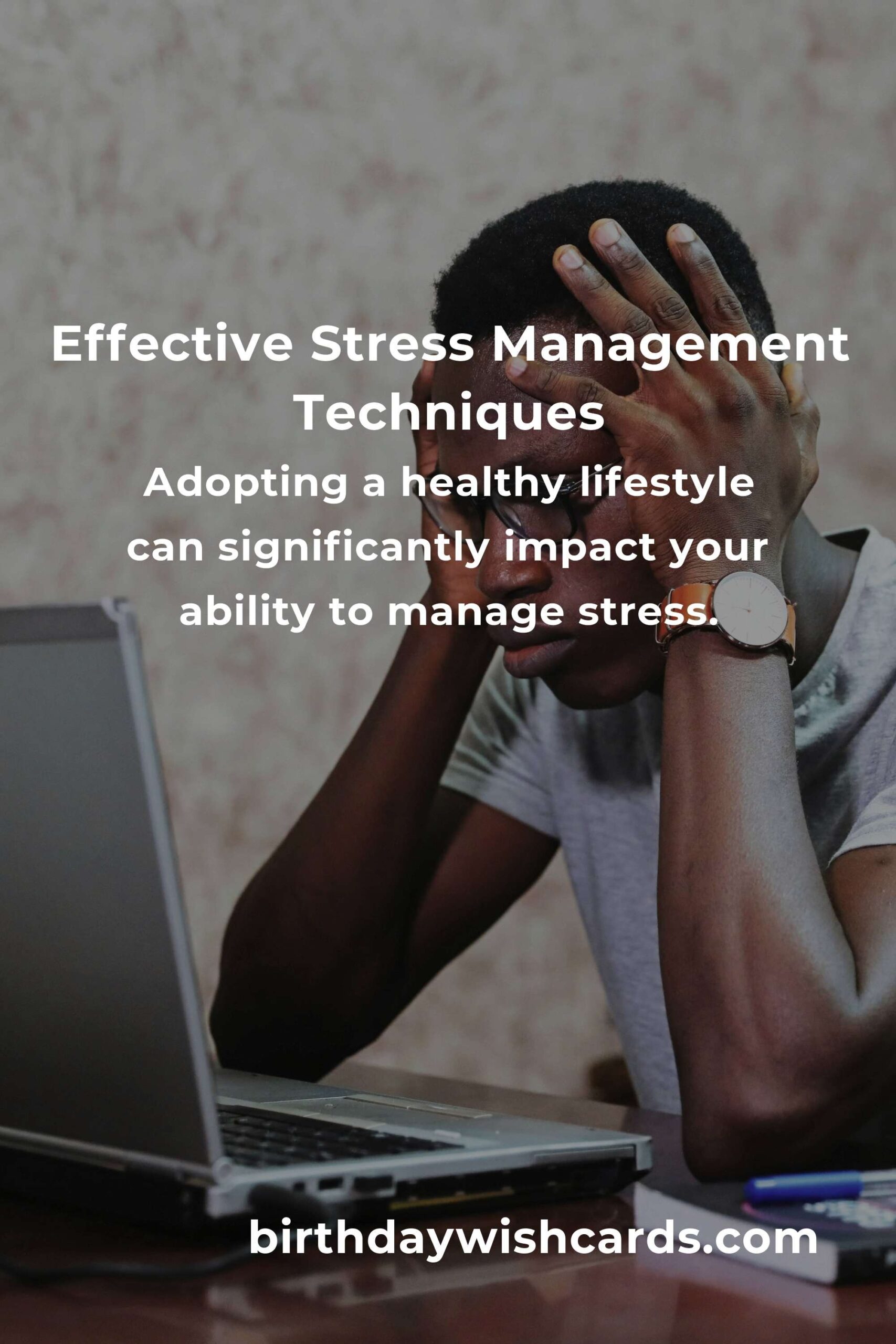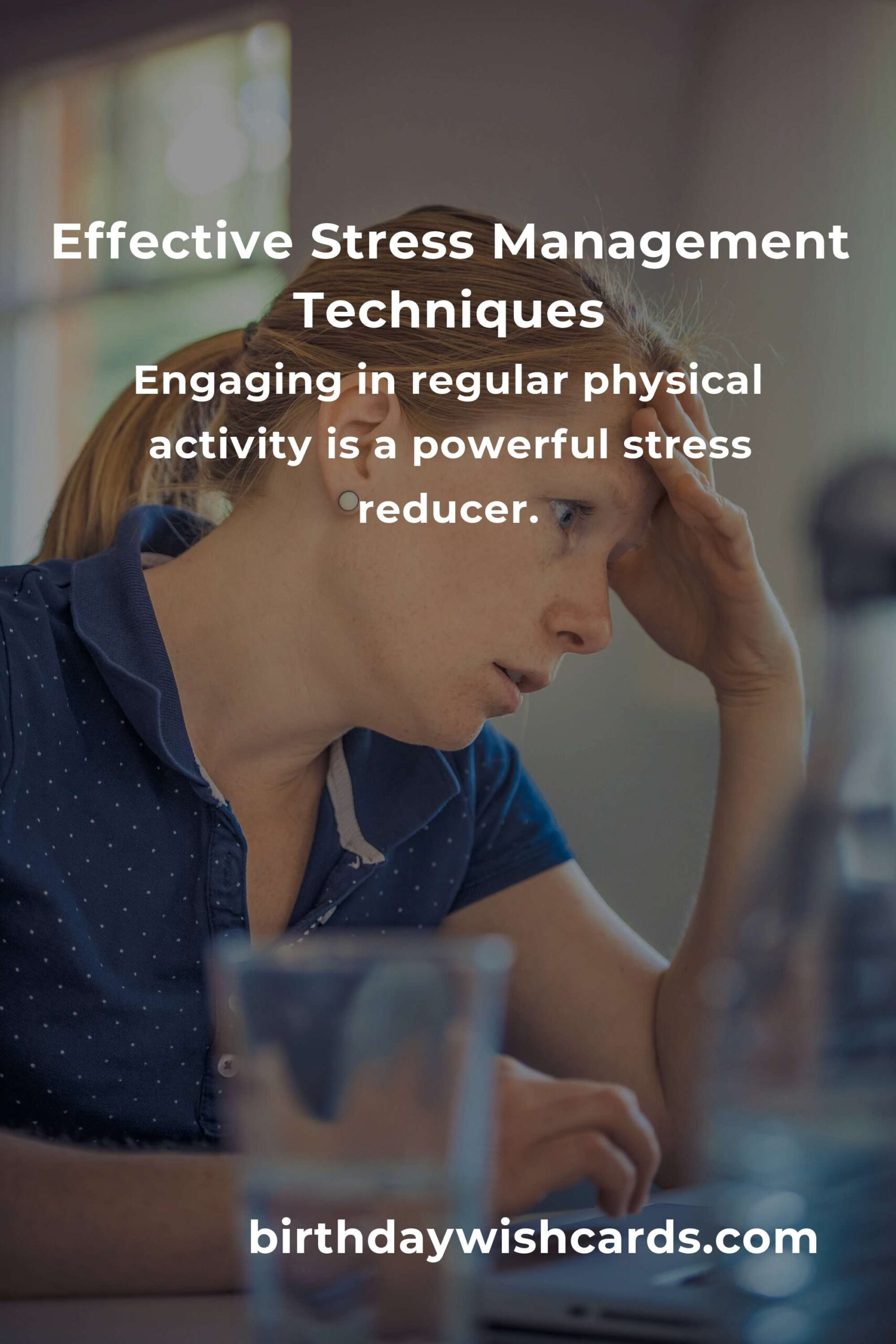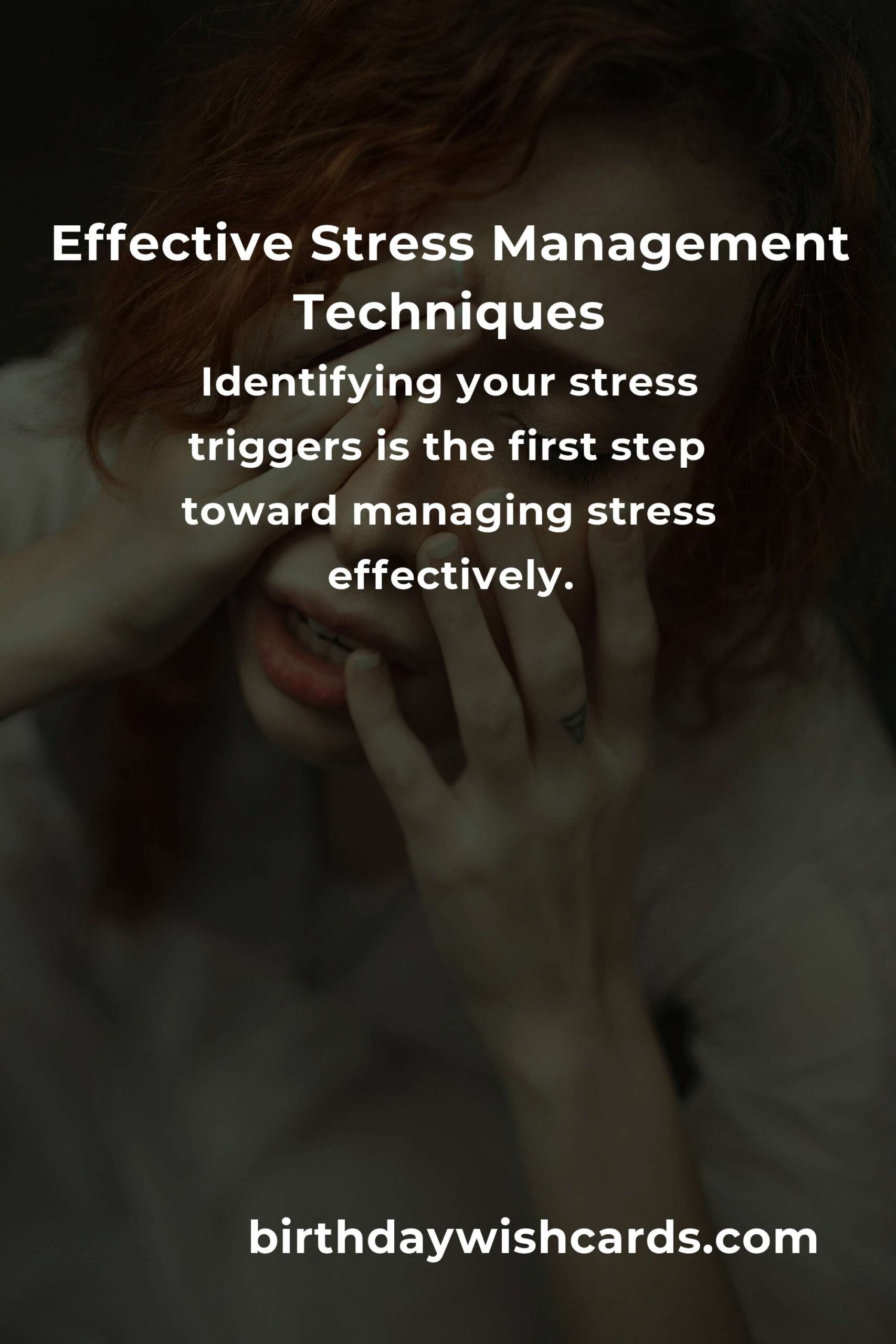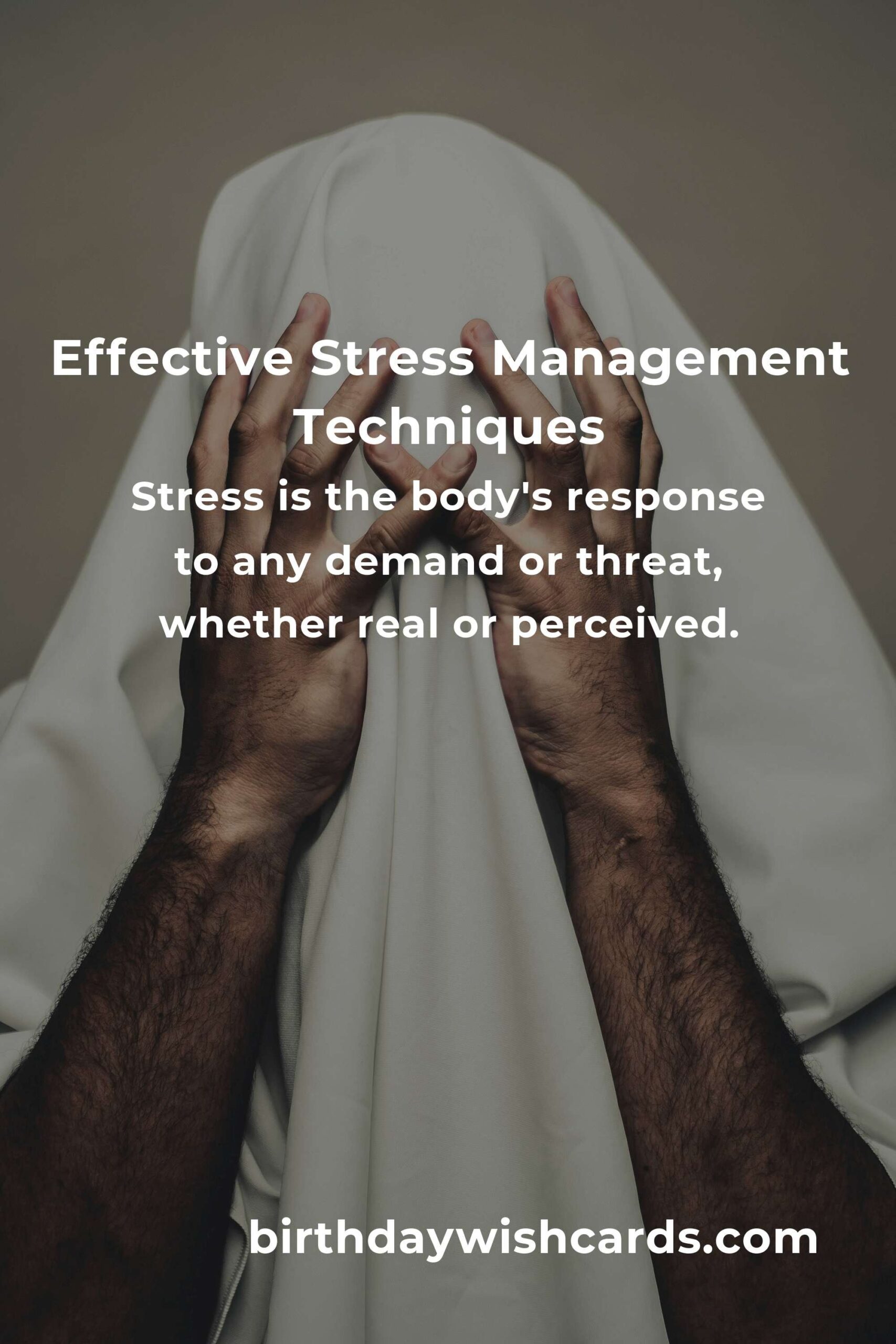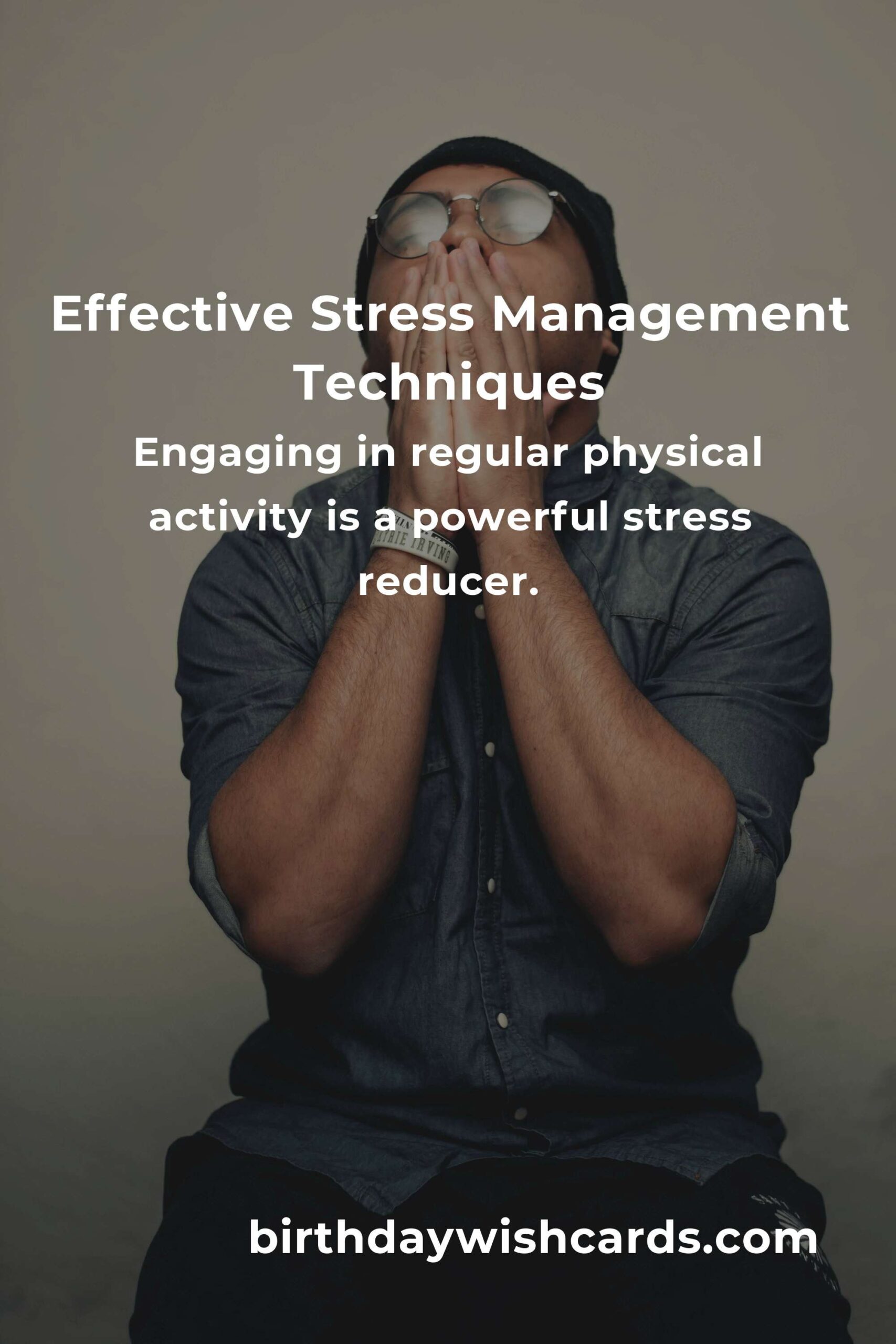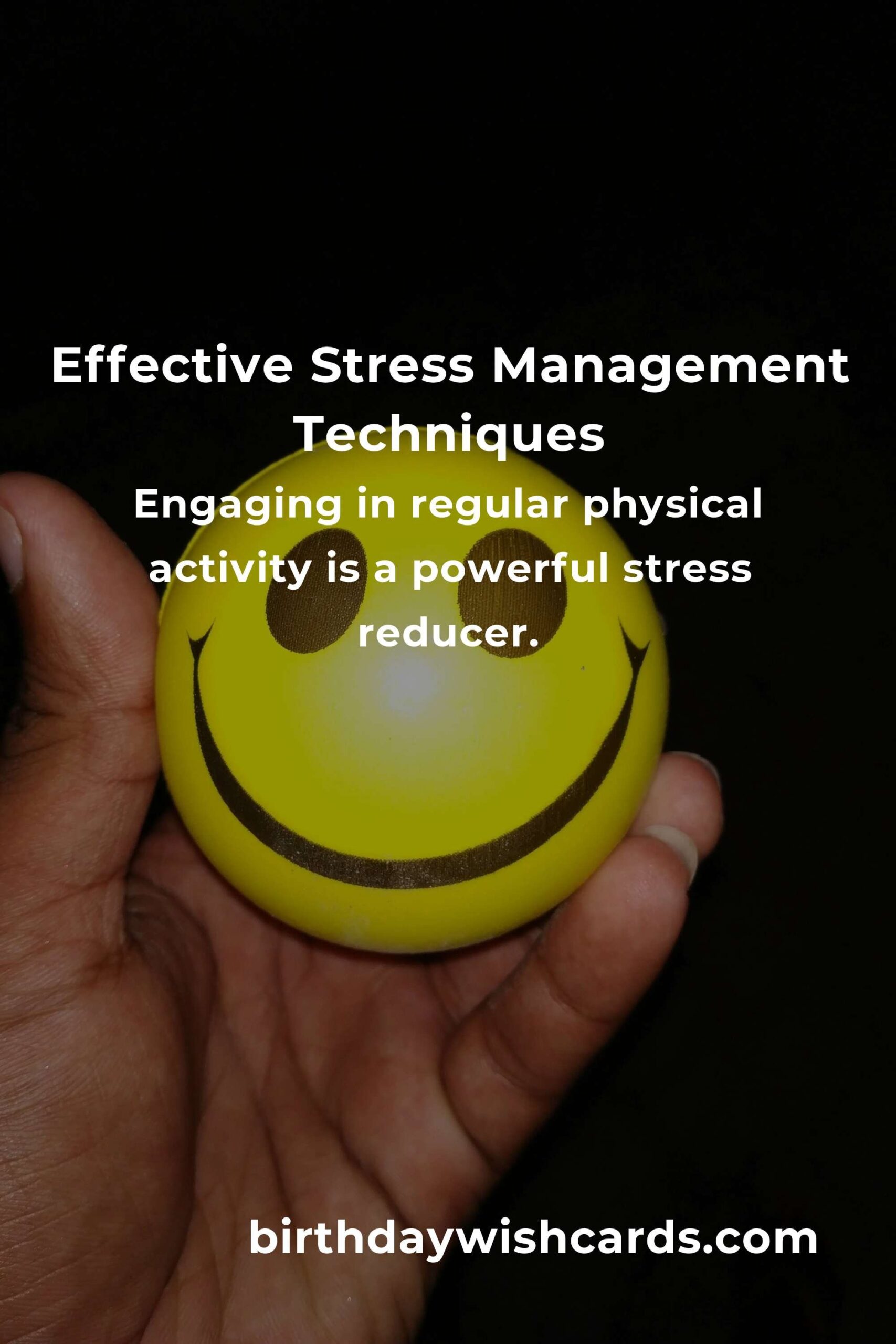
Stress is an inevitable part of life, but managing it effectively is vital for maintaining mental and physical health. With the right strategies, you can reduce stress and improve your overall well-being. In this article, we explore expert advice on stress management solutions that can make a significant difference in your life.
Understanding Stress and Its Impact
Before diving into stress management techniques, it’s important to understand what stress is and how it affects the body. Stress is the body’s response to any demand or threat, whether real or perceived. When you face a challenge, your body’s defense mechanisms kick into high gear, resulting in a ‘fight-or-flight’ response. While this response is crucial in life-threatening situations, chronic stress can lead to a host of health problems, including anxiety, depression, heart disease, and a weakened immune system.
Identifying Stress Triggers
Identifying your stress triggers is the first step toward managing stress effectively. Common stressors include work pressures, financial difficulties, relationship issues, and health concerns. Keeping a stress diary can help you recognize patterns and identify the specific situations that trigger stress.
Stress Management Techniques
1. Mindfulness and Meditation
Mindfulness and meditation are effective techniques for reducing stress. By focusing your mind on the present moment, you can reduce negative thoughts and enhance emotional regulation. Regular practice of mindfulness and meditation can lower stress levels and improve overall mental health.
2. Physical Activity
Engaging in regular physical activity is a powerful stress reducer. Exercise increases the production of endorphins, the body’s natural mood elevators. Whether it’s a brisk walk, a run, or a yoga session, physical activity can help clear your mind and reduce stress.
3. Healthy Lifestyle Choices
Adopting a healthy lifestyle can significantly impact your ability to manage stress. A balanced diet, adequate sleep, and avoiding excessive caffeine and alcohol are crucial components of a stress-reducing lifestyle. Prioritize self-care and make time for activities that bring you joy and relaxation.
4. Time Management
Effective time management can reduce stress by helping you prioritize tasks and avoid feeling overwhelmed. Break tasks into smaller, manageable parts, set realistic goals, and use tools like planners or digital calendars to stay organized.
5. Social Support
Having a strong social support network is vital for stress management. Connecting with family, friends, or support groups provides emotional support and can help you gain perspective on stressful situations.
When to Seek Professional Help
If stress becomes overwhelming and you’re unable to manage it on your own, seeking professional help is important. Therapists and counselors can provide guidance and coping strategies tailored to your specific needs.
Conclusion
Stress management is an ongoing process that requires attention and effort. By implementing these expert-recommended solutions, you can significantly reduce stress and improve your quality of life. Remember, the key to effective stress management is finding the right balance and techniques that work best for you.
Stress is the body’s response to any demand or threat, whether real or perceived. Identifying your stress triggers is the first step toward managing stress effectively. Mindfulness and meditation are effective techniques for reducing stress. Engaging in regular physical activity is a powerful stress reducer. Adopting a healthy lifestyle can significantly impact your ability to manage stress.
#StressManagement #WellBeing #MentalHealth #Mindfulness #HealthyLifestyle

